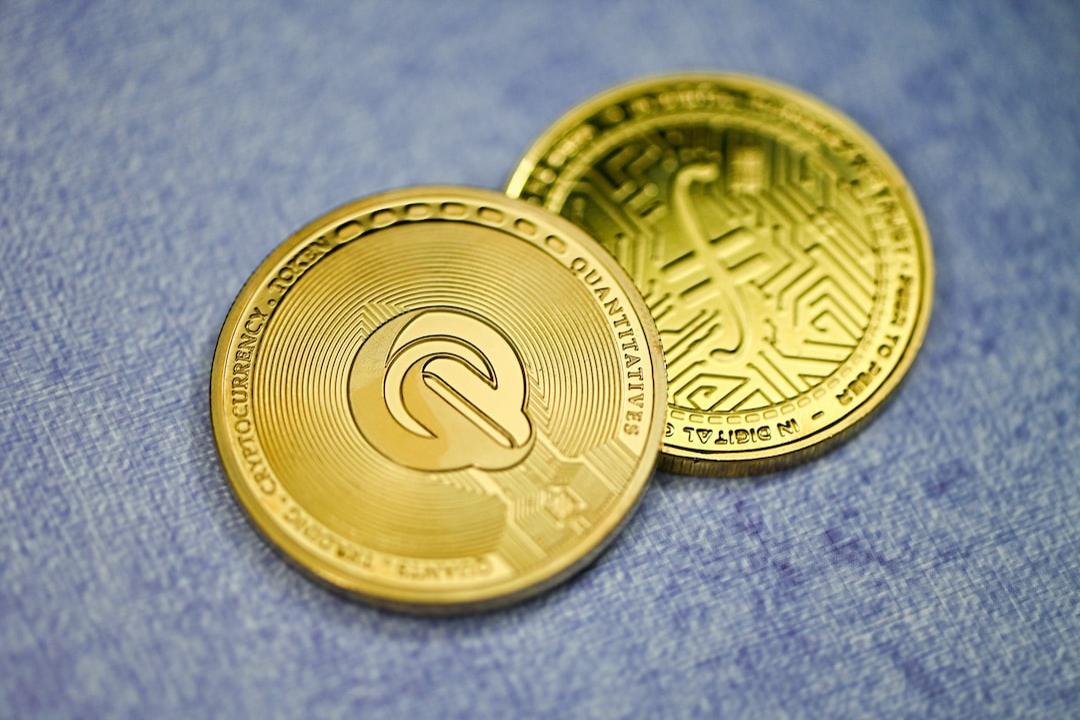The SEC and the company are keeping information about XRP sales and Ripple’s financial performance confidential.
The U.S. House’s vote on FIT21 could impact the XRP case and other cryptocurrency laws.
Both Ripple Labs and the SEC have presented their arguments in the ongoing XRP case, and the remedies phase has begun. There are disagreements over sealing financial data from Ripple and the sales of XRP to institutional investors after the complaint was filed.
Everyone involved is eagerly awaiting Judge Torres’ final ruling, which is expected to come sooner than initially anticipated, possibly in Q3 of 2024.
The U.S. House of Representatives has recently voted on the Financial Innovation and Technology for the 21st Century Act (FIT21). This legislation is a significant step towards establishing a regulatory framework for the issuance and trading of digital assets.
FIT21 aims to define the jurisdictions of the SEC and the Commodity Futures Trading Commission (CFTC) in regulating the cryptocurrency sector in the United States.
If the cryptocurrency bill becomes law, major players like Coinbase and Binance, as well as other ongoing legal cases, will be affected. It has been noted that Judge Torres’ summary ruling in July 2023 had a significant impact on the architecture of the crypto bill, which could also have implications for the XRP litigation.
Interestingly, a provision in the crypto bill supports Judge Torres’ conclusion that XRP is not a security. According to the bill, a digital asset transferred or sold under an investment agreement does not automatically become a security.
Lawyer Bill Morgan clarified that the legislation is not retroactive, countering rumors that XRP may not be considered decentralized under the new rules. Since the court has already ruled that XRP is not a security, the SEC has confirmed that it will not appeal the ruling.
Ripple has filed requests to keep certain evidence hidden from the public, but the SEC has objected, arguing that the redactions would conceal important information. This information, including details about Ripple’s assets, sales, income, expenses, and discounts for institutional investors, is crucial for court rulings and public understanding of the penalties involved.
While Ripple argues that it should only be liable for civil penalties up to $10 million, the SEC is seeking a total of $2 billion in charges. However, it is likely that the final amount will be significantly lower, as courts have historically rejected initial requests for such high sums.
As of now, XRP is valued at approximately $0.535 according to CoinMarketCap, showing a slight decrease of 0.48% over the previous day. However, it has experienced a 4.03% increase in the past week, indicating a bullish trend. Following Coinbase’s relisting of XRP, 20 million New Yorkers now have access to trading the cryptocurrency.
According to Bill Morgan, Ripple is likely to succeed in its motion to seal the evidence. However, he emphasized that even though the SEC is seeking a permanent injunction to halt sales through On-Demand Liquidity (ODL), none of the reduced sales to institutions were ODL contracts.

